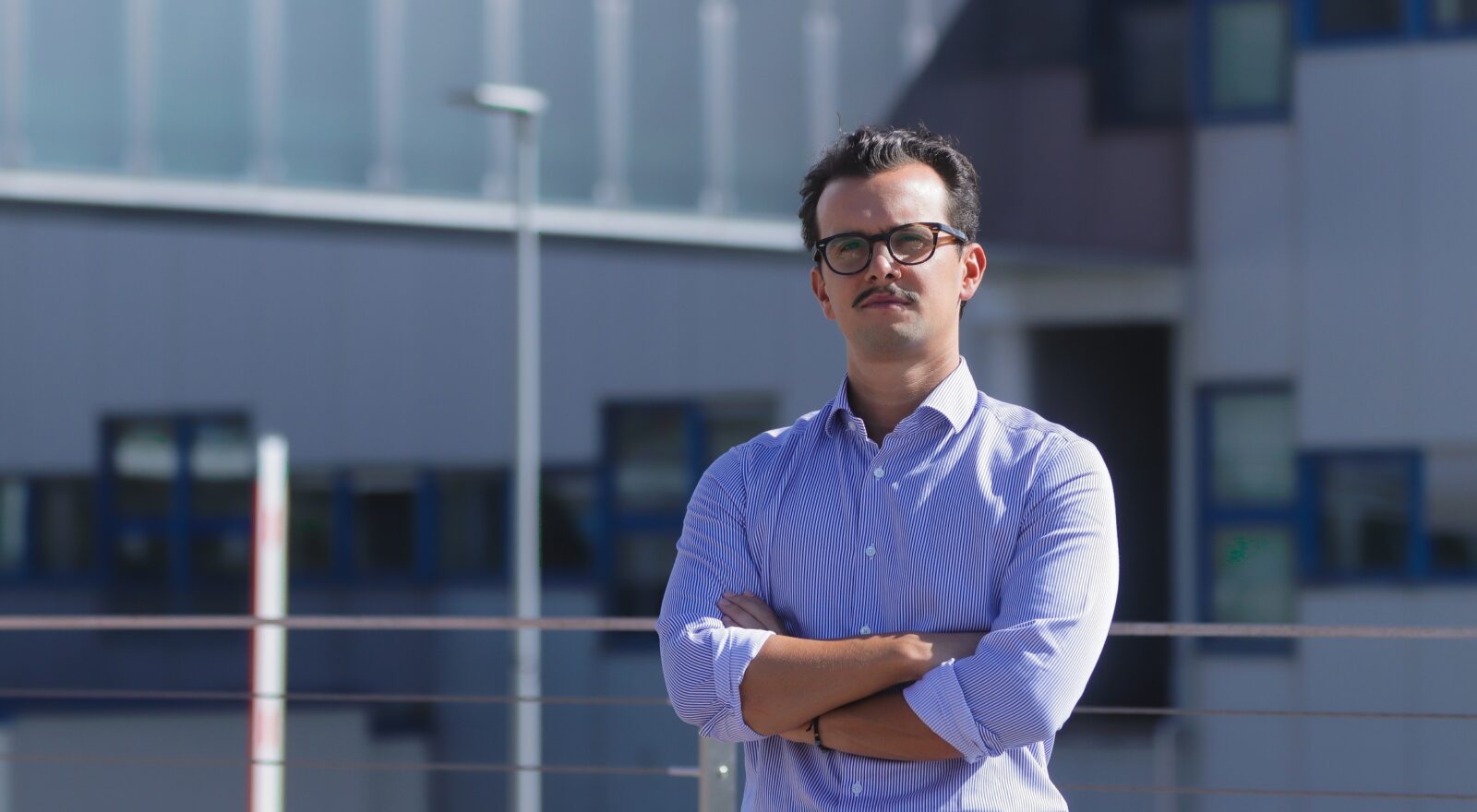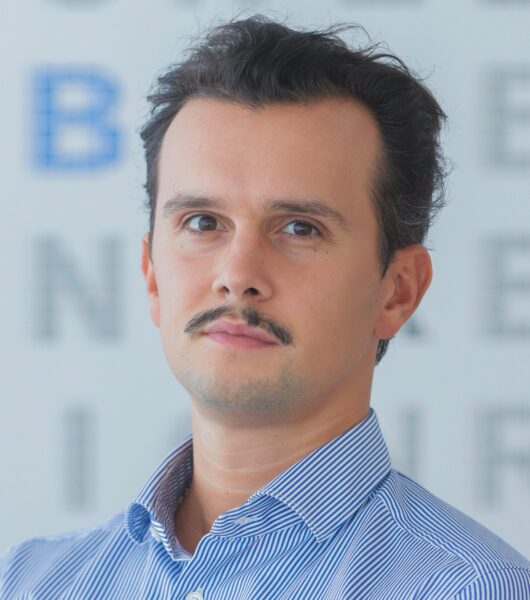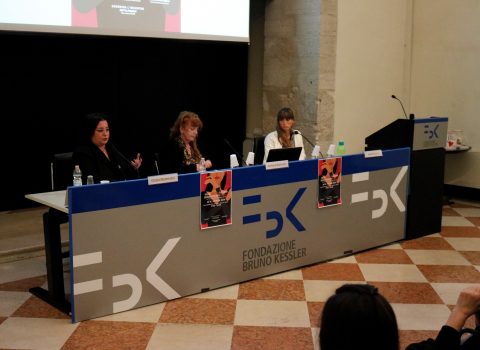
Curbing recruitment by cartels is the main way to reduce violence in Mexico
Study to which FBK researcher Gian Maria Campedelli contributed published in "Science".
FBK researcher Gian Maria Campedelli is co-author of the study published in Science entitled “Reducing cartel recruitment is the only way to lower violence in Mexico“. We asked him some questions to understand what are the most effective methods to reduce violence and the number of murders in Mexico, and whether some aspects of this research can also be applied in Italy.
What were the objectives of the study?
The work had two main objectives. The first concerned the estimation of the size of the population affiliated with Mexican cartels. Except for some recent data provided by institutions active in the fight against international drug trafficking such as the American DEA, there was in fact no empirical estimate of the number of members of these criminal organizations. The second objective concerned the simulation of policy scenarios to provide guidance regarding possible trends in terms of violence and variation in the population of cartel affiliates over the next five years.
What has emerged about the number of individuals affiliated with cartels?
We estimate that by 2022 Mexican cartels would number between 160,000 and 185,000 units, a sharp rise compared to the 115,000 units estimated for 2012. We calculated that from 2012 to 2022, a total of 285,000 individuals acted as cartel affiliates and that 37% are currently deceased (17%) or in prison (20%). The number must also be evaluated in relative terms: in particular, the results indicate that Mexican cartels are the fifth largest “employer” in the country, surpassing giants such as Bimbo, a multinational food company, and Pemex, the oil company controlled by the Mexican government.
And what have you estimated regarding the most effective interventions to curb violence and killings?
Our results show that if the current trend in terms of affiliates and violence were to continue without the application of any policy, we can expect a 40% increase in homicides and a 26% increase in the number of members over the next five years. The first policy we tested concerns increasing the responsiveness of law enforcement: doubling the number of arrests would lead to an 8% increase in homicides, while the number of affiliates would increase by 6%, demonstrating the ineffectiveness of a purely repressive and punitive approach.
We estimate that if, on the other hand, Mexican institutions focused on cartel recruitment by reducing it by half, the number of weekly murders among cartel affiliates and the size of the cartel-affiliated population would decrease by 25 and 11%, respectively. These results reveal how important it is to invest in a preventive strategy that offers young Mexicans alternative routes to those connected to organized crime.
In addition to these two main policy scenarios, we simulated the effects of two other alternative approaches: decreasing conflict between cartels (narcopeace) and increasing the likelihood of cartel fragmentation. In neither case do the benefits come close to those deriving from preventing recruitment. Reducing conflict by 20% cuts down the number of murders among cartel members by 8.7%, while increasing cartel fragmentation by 20% would reduce murders by 5.4%.
What method have you followed to obtain these findings?
The study uses open data on murders, missing persons and arrests in Mexico together with the integration of network data on alliances and conflicts between cartels and is based on the application of a mathematical approach based on systems of differential equations systems and complex systems. In this way, the importance and usefulness of integrating mathematical-computational approaches in the study of social phenomena, including criminal ones, has also been demonstrated, a topic that is particularly close to my heart.
Does the study have relevance only for Mexico or does it have a further impact?
The relevance of the results extends beyond the Mexican national context: drug cartels represent transnational criminal entities with very strong ties within the American continent, with a particular emphasis on relations with the United States, and in Europe. Their criminal and economic impact therefore is intercontinental, as shown by extensive literature on the subject.
Can these research methods also be applied to Italy?
For Italy, in particular, the study has a two-fold impact: to further stimulate the use of open data to map mafia activities and presence and to promote the analysis of policy scenarios through computational simulation methods to provide data-driven guidance on possible impacts in the short and medium term. The contribution of empirical research, which exists in Italy and is good, is however largely ignored by public institutions while it could be of great help for evidence-based policies for the bodies responsible for the fight against mafias and transnational crime.
As for your career path, what have your training and research activities been so far and why did you decide to work at FBK?
I have a rather hybrid profile. I have a training background mainly related to the social sciences: three years in Political Science, a master’s degree in Public Policy and a Ph.D. in Criminology. During the three years of the doctoral program, however, I spent some time at the School of Computer Science of Carnegie Mellon University in Pittsburgh, United States. In general, during the PhD I tried to integrate the study of criminal phenomena with the use and development of statistical and computational methods, collaborating with colleagues from different backgrounds. Not many people do this in the United States but still some do. In Italy and Europe, on the other hand, this collaborations across disciplines has been developing only in recent years. The University of Trento and Fondazione Bruno Kessler, in particular, are among the main and most advanced centers in this regard in our country. Even from the outside, I have always looked with admiration at the diversity of perspectives and sensitivities that emerge from different FBK units, including of course MobS where I currently work. The intellectual wealth that can emerge from such an environment has largely influenecd my choice to work here.
Which research topics will you focus on in the future?
Here at FBK I will work on the Pre-crisis project, which will develop platforms to improve urban safety through the integration, among others, of data on the environment, urban structure, mobility and crime within different cities, including Trento. At the same time, with some colleagues from the Unit we are working on combining insights and ideas from social learning theory to formalize and develop intelligent machines systems that can learn from each other, through interaction mechanisms. In addition to these two projects, I will continue my work on other lines of research already open before I got here: the impact of exposure to the violence of organized crime on trust in institutions, machine learning approaches to predict municipalities infiltrated by the mafia, American police and racial disparities and, of course, I will continue my work on reducing violence caused by cartels in Mexico. However, I exclude this is an exhaustive and, above all, definitive list.





